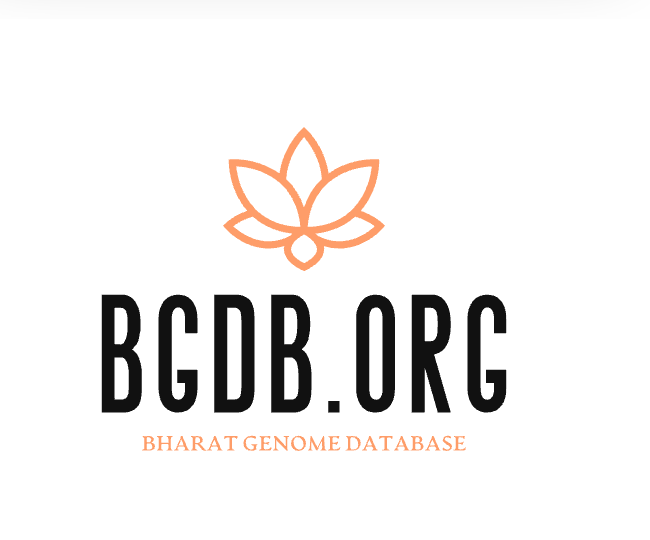Cajanus cajan
Cajanus cajan, commonly known as pigeon pea, is a perennial legume from the family Fabaceae. Widely cultivated in tropical and subtropical regions, it is valued for its protein-rich seeds and its ability to fix atmospheric nitrogen, improving soil fertility. The plant typically grows as a shrub, reaching heights of 1–4 meters, with compound leaves and yellow to red flowers. Pigeon pea is a staple food in many parts of Asia and Africa, used in various culinary dishes. Its drought tolerance and adaptability make it an important crop for sustainable agriculture. In addition to its nutritional value, Cajanus cajan is used as fodder, green manure, and in agroforestry systems. The species plays a significant role in food security and rural livelihoods, especially in resource-limited environments.

